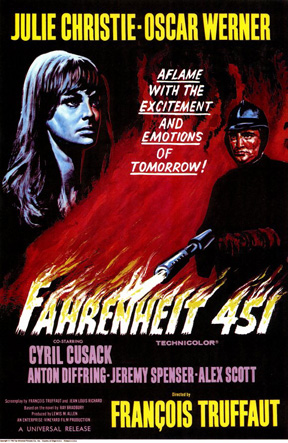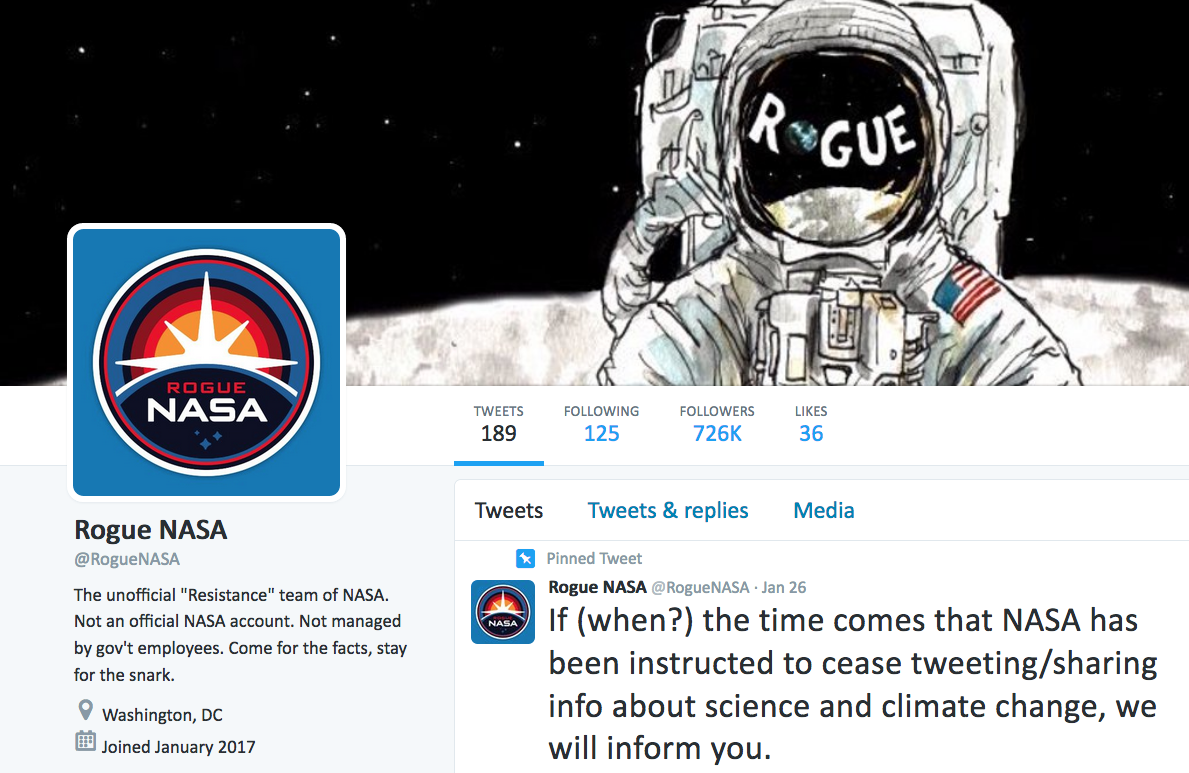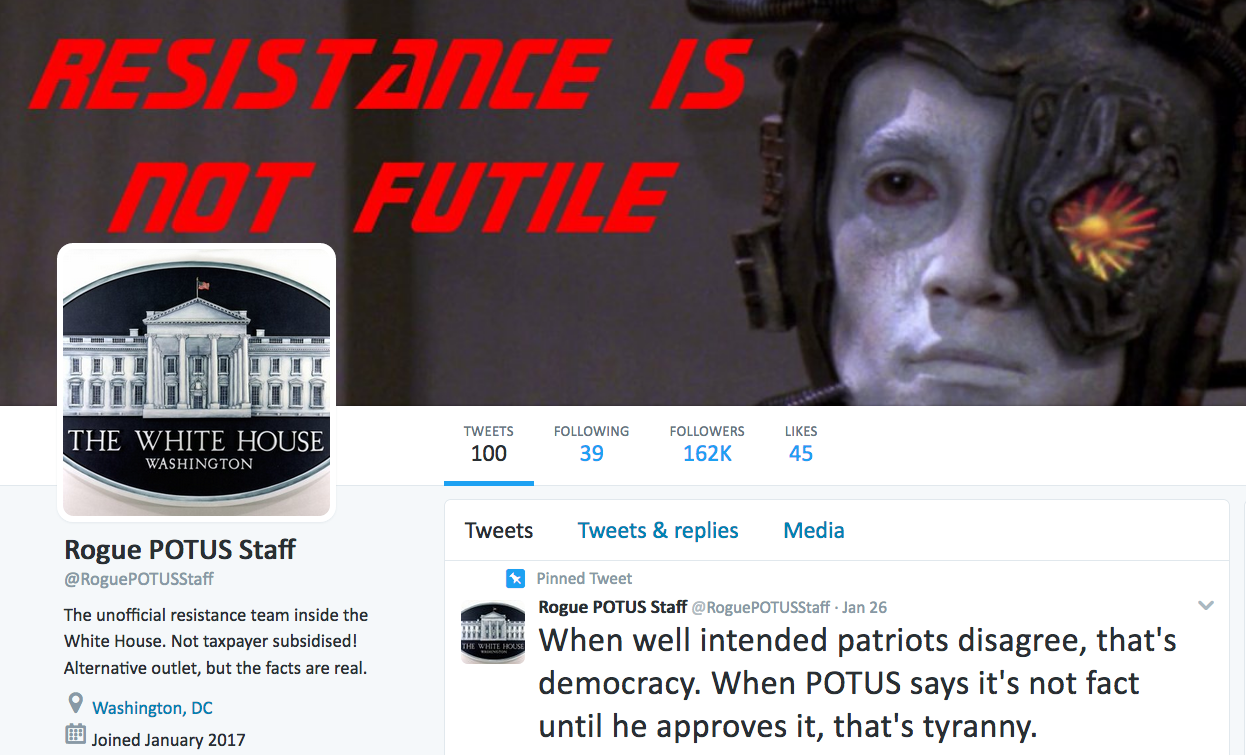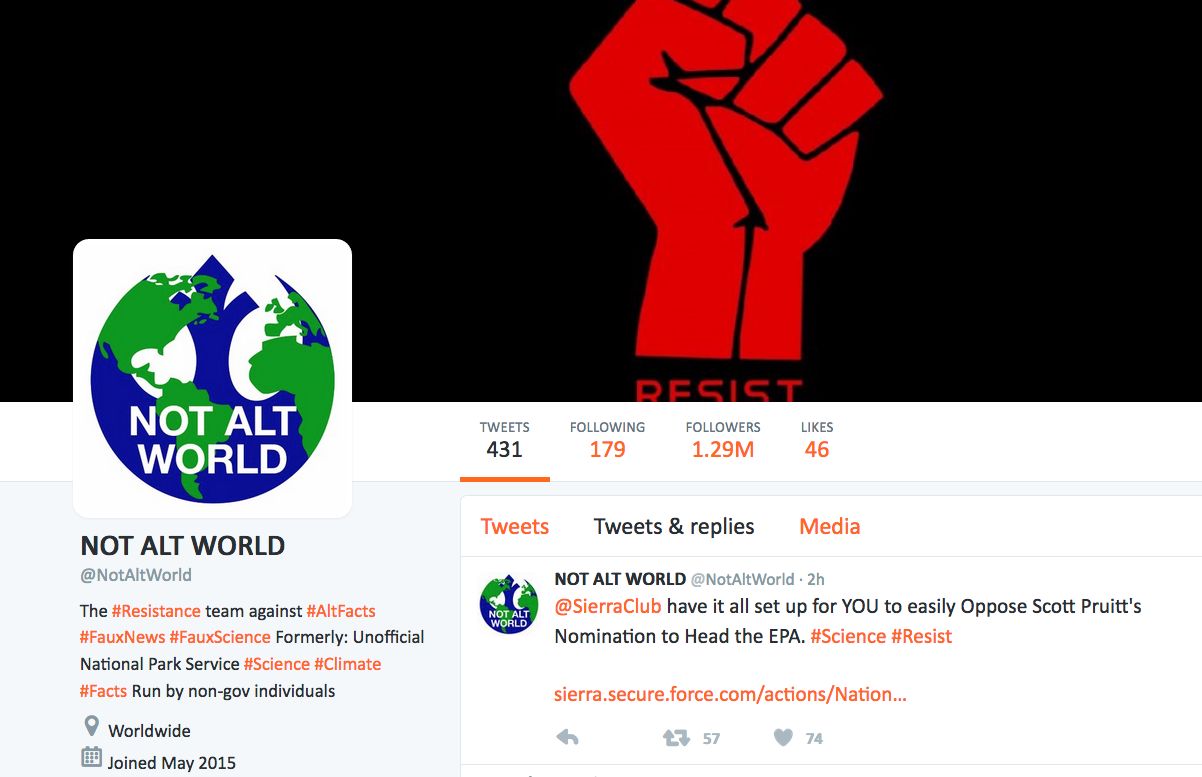
January 29, 2017, by Brigitte Nerlich
Rogues and resistance
Over the last few weeks, when I could tear myself away from my twitter maelstrom of doom, I have been reading Anthony Gottlieb’s The Dream of Enlightenment. On pp. 198-190 I came across Adam Smith’s eulogy of David Hume (1711–1776) in which he recounts a visit to the dying philosopher. During that visit Hume told Smith about how he distracted himself by engaging in an imaginary dialogue with Charon, the ferryman in Greek myth who carries the dead across the river Styx. Here is how Hume imagined his conversation with Charon, pleading with him not to let him die so soon: “’Have a little patience, good Charon, I have been endeavouring to open the eyes of the public. If I live a few years longer, I may have the satisfaction of seeing the downfall of some of the prevailing systems of superstition.’ But Charon would then lose all temper and decency. ‘…[T]hat will not happen these many hundred years. Do you fancy I will grant you a lease for so long a term? Get into the boat this instant, you lazy loitering rogue.’”
Just before reading this passage, I had been thinking about writing a blog post about rogues and resistance and this got me into the mood of actually writing it. What would Hume have thought, had he come back across the river Styx to visit this modern world? He would have hoped that through the efforts of enlightened philosophers (and scientists) the eyes of the public might have been opened and all systems of superstition would have vanished. How surprised would this old rogue have been about the state of the modern world! He would however been heartened perhaps at finding a few ‘rogues’ carrying on the dream of the enlightenment and resisting the forces of darkness.
The rogue explosion
So what about ‘rogues’? I am not talking about rogue elephants, but unofficial twitter accounts! You will probably all have realised by now that: “’Rogue’ accounts that have the look of those by real [US] federal agencies are spreading like wildfire on Twitter.”
It all started, I believe, after President Trump threatened “the removal of scientific data from government websites”, such as the Environmental Protection Agency. The EPA now has (but the situation is changing daily) various ‘aliases’ and strap-lines, as listed here: AltEPA @ActualEPAFacts (He can take our official Twitter but he’ll never take our FREEDOM. UNOFFICIALLY resisting at the @EPA); altEPA @altUSEPA (The Unofficial “Resistance” team of U.S. Environmental Protection Agency. Not taxpayer subsidised! Environmental conditions may vary from alternative facts); Stuff EPA Would Say @EPAWouldSay (We post info that Donald Trump censors. We report what the U.S. Environmental Protection Agency would say); U.S. EPA – Ungagged @ungaggedEPA (Ungagged news, links, tips, and conversation that the U.S. Environmental Protection Agency is unable to tell you. Not directly affiliated with @EPA.)
Other scientific organisations followed suit, most famously perhaps various park rangers. There are numerous articles about this, which I won’t summarise here. One tweet encapsulates the situation quite well (and humorously): “First they came for the scientists… And the National Parks Services said, ‘lol, no’ and went rogue and we were all like, ‘I was not expecting the park rangers to lead the resistance, none of the dystopian novels I read prepared me for this but cool.’”
The AltUSNatParkService Twitter account calls itself “The Unofficial #Resistance team of U.S. National Park Service”. This account “appeared shortly after the Badlands National Park’s official account posted several unauthorized, but highly popular, tweets affirming climate change. The tweets were later deleted, but they can still be seen in the many screengrabs captured by Twitter users.” (see Scientific American).
Rogue twitter accounts started to mushroom and the list of these ‘twistance’ accounts is growing (and changing). Many use hash-tags, such as #resist or #resistance when tweeting. The rogue White House account has this striking twitter image (on 28 January, 2016).
It is interesting to note that @AltNatParkSer has now become @NotAltWorld, probably because the prefix ‘alt-‘ has become negatively connotated (alt-right, alternative facts and so on).
What this account and many others want to stand up for and preserve are ‘facts’, a diminishing currency in an increasingly fake world. On 26 January the account tweeted: “Several of us are environmental activists and two are journalists [our FACT checkers]. All of us are former scientists.” Responding to queries about this anonymous account and who is behind it, they tweeted on 25 January: “We are definitely real! Come visit us at Mt Rainer National Park.”
The rogue confusion
In principle this type of resistance by social media is a good thing. These are uncensored accounts telling people ‘the truth’ about things…. However, it’s also quite confusing, because now, alongside the rogue/alt-government accounts, we also have parody rogue/alt-government accounts and even fake rogue/alt-government accounts, as Karen James tweeted. For example Rogue NASA recently tweeted: “Warning: @NASAGoneRogue seems to be a fake anti-climate change troll account.” Somebody tweeted: “No idea if @RoguePOTUSStaff account genuine, but if not it’s very convincing.” (To make sure whether you are dealing with facts or fakes, fact accounts or fake accounts, it might be good to read these guidelines and pin this poster on your door.)
This confusion is nicely discussed in an article by Kalev Leetaru for Forbes Magazine (28 January, 2017). He also points to something quite confusing about this confusion: “Indeed, the blind trust in such anonymous accounts was particularly striking coming just two months after issues with a similar anonymous source claiming to be a set of propaganda experts.”
Regarding science/climate change communication, there is also a danger highlighted by Leetary: “by combining discussion of climate change with political and personal attacks on the administration, the accounts have made it that much easier for opponents of climate change to argue that even supporters of climate change discuss it in the context of politics rather than as a non-partisan scientific topic”. The article is worth reading as a whole, as it raises issues around this rise of ‘anonymous science communication’ which need to be explored further.
And, of course, there are the eternal questions as to whether science should become political, is too political, should never be political, etc. In my view, these are the wrong questions though. ‘It’ (science) is and should never be political, but scientists can be and should be and are. In the US they are now standing for election for example.
Rogue voices and silences
It is noteworthy that while rogue science and politics accounts are vocal in their condemnation of various policies implemented by President Trump, official science and politics accounts are still relatively quiet. I haven’t checked many twitter accounts, but I haven’t seen anything much happening on the accounts of the British Sociological Association, the American Sociological Association, the Royal Society, the UK STS association AsSIST-UK, the various Responsible Research and Innovation (RRI) community sites, and so on – I might be wrong, though and I’d love to hear from people who can point me in the right direction.
The American Association for the Advancement of Science tweeted a rather luke-warm condemnation of President Trump’s immigration policy. It says that “Scientific progress depends on openness, transparency, and the free flow of ideas. The United States has always attracted and benefited from international scientific talent because of these principles.” It’s certainly the case that the new presidency in the US and Brexit in the UK will do immense harm to openness and the free flow of ideas. The statement also says that a ‘balanced’ approach to immigration is needed. However, a rogue account would probably have condemned the immigration policy more strongly and said something about human rights and the law. Rogue accounts are also trying more decisively to keep the flow of ideas going and to keep science and politics open.
In contrast with such silences, some universities and university associations, some science journals and many individual scientists and groups of scientists, science writers and science communicators, science and technology innovators and companies, and researchers and academics most broadly, are making their voices heard on twitter and beyond. Some scientists on twitter have even begun to apologise for the fact that their tweets are increasingly about politics rather than science.
Additions 02/02/17: The American Sociological Association has now issued a statement; The Royal Astronomical Society has issued a statement; the leading STS group (4S) have issued a statement. There are some interesting blog posts on the Harvard STS blog First 100 days.
12/03/17: A more detailed account of rogue sites can be found here.
Science and governments in exile
There might be some confusion about rogue accounts and parody accounts, but rogue twitter accounts are here to stay until the world has switched back to a state where discussions about science, culture and knowledge are officially valued again. In the meantime, as Leetaru said in another article: “These new accounts also raise the fascinating question of whether ‘alternative’ or ‘rogue’ or ‘resistance’ social media accounts will become a new norm even in Western nations that have not typically had a history of ‘governments in exile.’”
A long time ago as a child in the 1960s I saw the British film Fahrenheit 451, directed by François Truffaud and based on the 1953 dystopian novel by Ray Bradbury. The last scene still sticks in my mind, where Guy, the hero of the film, joins a group of outcasts in the woods, rogues one might call them, who each had memorised a book that had been burned. Are social media and the rogue twitter accounts our new outcasts in the woods? I bet David Hume would have opened a rogue twitter account, if he was still around. Are we all rogues now?
Image: Poster for Fahrenheit 451 (fair use)




Hi Brigitte. Thanks for this post The leading STS group (4S) put a statement out a couple of days ago: http://www.4sonline.org/4s_news/position_statement_on_u.s._political_situation
The rogue Twitter accounts are very interesting, and raise some questions. How does verify these are actually being run by ‘rogue’ employees? The best guess is that the original parks ones probably are, but that a decent slice of the ones that followed probably are not. (It seems quite similar to the multiple ‘Anonymous’ Twitter accounts. There are many variations around the name and avatar, and hard to ascertain which ones are associated with the original group.) Of course, it may not really matter which are being run by rogue employees anyway. Overall, it is/was a political phenomenon highlighting one possible relationship between science-related government agencies and the executive branch. The Leetaru article is an interesting discussion. Does concern regarding ‘anonymous’ science communication demonstrate that scientific knowledge cannot stand on its own two feet in the social world?
I’m sceptical about this “removal of scientific data from government websites” business. This is a well-researched post about potential for data collection under Trump https://fivethirtyeight.com/features/how-trumps-white-house-could-mess-with-government-data/
Hi Warren,
Thanks for these interesting links, which add further dimensions to the ‘rough explosion/confusion’ issue and need to be explored. Yes, i have seen the 4S statement and wanted to add to my ‘addition’s, but then forgot! Will do now.